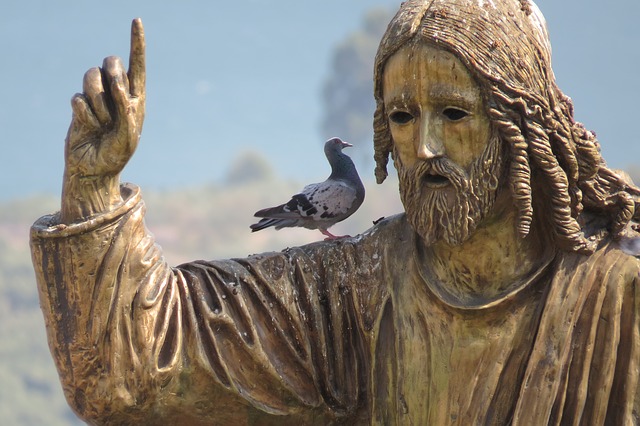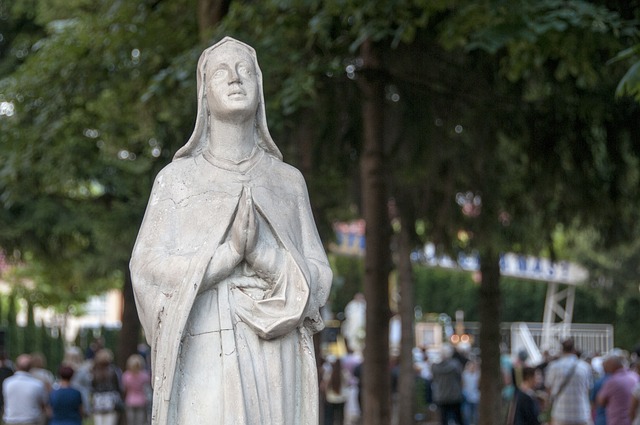Pilgrimage

Pilgrimage — A journey made to a sacred place, usually as an act of devotion to a religion. During the Reformation, pilgrims were Christians who traveled to holy sites in nearby villages and as far as Jerusalem. In the Middle Ages, pilgrimages typically took place closer to home. For example, in 1475 there was a large number of peasants who made a pilgrimage to the German town Wilsnack. They had heard there was a religious statue there that bled and they wanted to receive spiritual and physical healing from touching it. Within the church’s cycle of penance, people bought into and believed that making such a pilgrimage to a sacred relic, touching it, or praying before it, could grant them full spiritual forgiveness from God for previous sins. The church did not promote these pilgrimages as it allowed people to find their own healing in these trips and took away the power to grant forgiveness from the church. Many rulers were not fond of pilgrimages as well, especially spontaneous ones, because a mass of peasantry (usually traveling to an unknown or commercially irrelevant place) could lead to riots or revolutions. An example of this happened with a common animal herder named Hans. He claimed that the Virgin Mary was appearing to him and calling for Christians to take a pilgrimage to his small village, Niklashausen.

He then started calling for the burning and killing of priests. Quickly, he was arrested and burned for heresy. Because the church and rulers did not approve of pilgrimages, pilgrims often found themselves to be detached from the rest of the world while on this journey, answering to no one, not even the church. They became travelers, belonging to no certain place, all with a common goal in mind. Often pilgrims “leveled” themselves with one another and adapted a simple dress, ignored titles and money, shared food and lodgings, and referred to each other as “brother” and “sister”. Overall, during the Reformation, a pilgrimage was seen by the church and various rulers as dangerous and threatening towards their security as an authority; but for the peasantry it was a chance to be healed by God’s miraculous powers while finding commonality among their fellow pilgrims.
Works Cited
Euan Cameron, “Challenges from Outside and their Limits” (Ch 4) in The European Reformation, pg. 67
http://www.oxfordreference.com/view/10.1093/oi/authority.20110803100327261
http://www.internationalschooltoulouse.net/vs/pilgrims/motive.htm
Wunderli, Richard. Peasant Fires the Drummer of Niklashausen. Indiana Univ. Press, 1992.